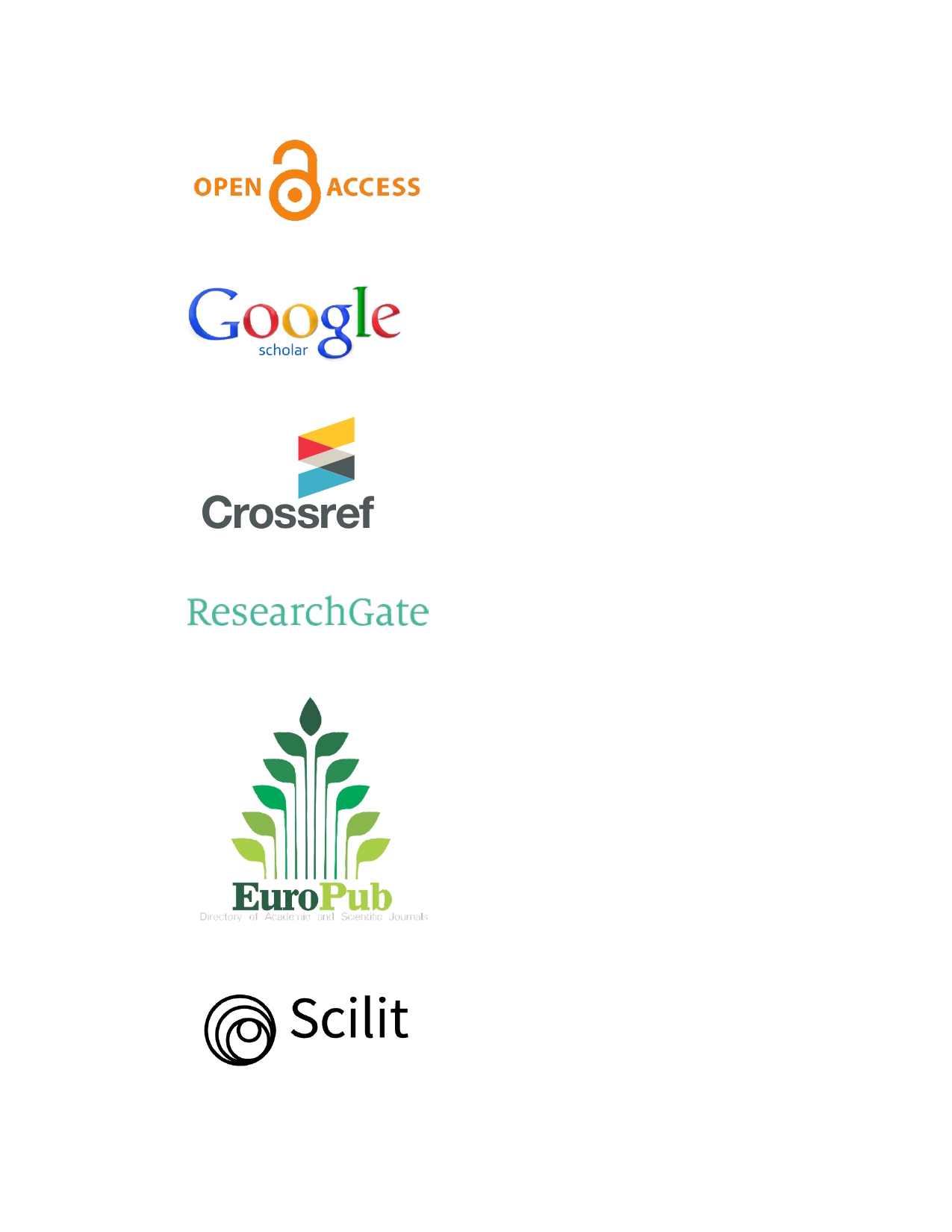Public Procurement in the German Construction industry and Opportunities for Small Businesses
DOI:
https://doi.org/10.63002/assm.305.1104Abstract
Every year, several hundred billion euros are spent on public contracts throughout Germany. Compared to 2018, in 2019 the total amount of public and private construction projects increased by 28.5%. The reason for this is the renovations, but also the new buildings. In these services, all benefit, especially the larger companies. Only a few small companies take part in the tendering process. Is this possibly due to corrupt structures that always decide in favor of the same companies? Is it possibly these corrupt structures that are responsible for the millions of euros in additional orders every year, or is this due to the size of smaller companies that are unable to accept orders due to a lack of personnel? The term "public contracts" is still mostly foreign to small companies. Many companies therefore do not know what the underlying framework conditions are and what requirements have to be met. In the current construction industry, price is the most important factor when awarding contracts. In order to be able to submit as low a bid as possible, the financially strong companies below the profitability threshold and ultimately generate profit via supplementary orders. This leads to a monopolization of large construction companies and a lack of opportunities for smaller companies with weaker capital. How strong the larger companies actually are is not controllable, since liquidity was covered by loans. Here also the question arises, what could have happened if the banks suddenly cancelled the tolerated overdrafts or loans. In order to be able to guarantee economic efficiency, personnel is reduced and the planning as well as the preparation for the award of contracts is handed over to freelance architects and engineering offices. Service specifications prepared by these firms are reviewed and approved. Here also the question arises whether the examinations take place thoroughly or only randomly. Does the intervention violate neutrality Many small companies criticize the procedure for awarding public contracts without giving specific reasons for their criticism. The uncertainty and fear threshold to participate in a public procedure is large with the majority of the smaller enterprises. Often no participation in such an award procedure takes place due to larger lack of knowledge and lack of transparency of the procedure. This paper aims to show why public procurement structures are a poor starting position for small businesses and how they can be improved.[1] The more transparent the awarding process is and the more correctly the requirements are presented by all parties involved, the more costs will be kept in check and no company will be discriminated against. In 2018, the construction industry contributed 5.3% to the overall gross value creation of the economy. The share of gross domestic product used for construction investment was almost twice as high, at 10.3%. The construction industry's share of total employment was 5.6%. Since the end of the construction crisis in 2005, the share figures have increased significantly again. As a result, in 2018 the construction industry is still ahead of such important industrial sectors as vehicle manufacturing, mechanical engineering and the chemical industry in terms of both production and employment. The construction industry thus remains a key sector for Germany.[2]
Downloads
Published
How to Cite
Issue
Section
License
Copyright (c) 2025 Azim Causevic

This work is licensed under a Creative Commons Attribution 4.0 International License.






